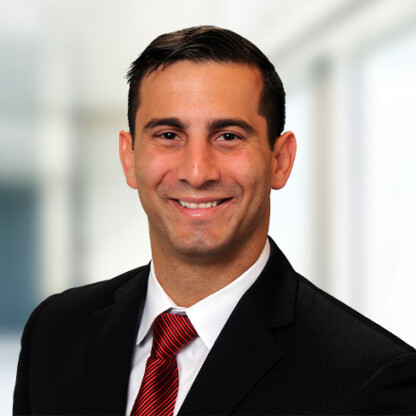Florida Board of Medicine to Hold Another Hearing on Telemedicine and Medical Marijuana Rules

On August 4, 2017, the Florida Board of Medicine will hold a third public hearing to discuss its proposed amendment to Florida’s telemedicine practice rules regarding medical marijuana. The Board held two prior public hearings, after which it delayed implementation of the rule for further consideration.
Notice of the upcoming public hearing comes only days after state lawmakers failed to pass a medical marijuana bill. Absent a special session of the Florida Legislature, the Department of Health’s Office of Compassionate Use is now tasked with creating rules to implement Amendment 2. Amendment 2, passed by voters last Fall, changed the Florida Constitution to allow the medical use of marijuana for individuals with debilitating medical conditions as determined by a licensed Florida physician. The Department of Health released proposed rules on January 17, 2017, but those rules were criticized by advocates as not aligning with the changes to the Florida Constitution made by Amendment 2. The Department of Health has until July to issue final regulations. The Board of Medicine’s proposed rule is distinct from, and does not substitute, the Department’s proposed rule.
What Will the Board’s Proposed Rule Do?
The Board’s proposed rule would prohibit physicians from ordering medical marijuana via telemedicine. The amendment would add a new Section (5) to the Standards for Telemedicine Practice under 64B8-9.0141, F.A.C. If the proposed amendment is finalized, the regulation would state as follows: “(5) Medical cannabis or low-THC cannabis, as defined by s. 381.986, F.S., may not be ordered by means of telemedicine.”
Why is the Hearing and Proposed Rule Important?
Interested physicians, providers, and entrepreneurs may want to attend the public hearing, both to learn more about the Board’s position on medical marijuana and telemedicine, understand the implications if the proposed rule were to be enacted, and to contribute their perspectives to inform the Board’s discussion. Some points of potentially-useful clarification participants might discuss at the hearing include, for example:
- Whether or not it is appropriate to limit the use of telemedicine based on the physician’s choice of recommended treatment (e.g., medical marijuana vs pharmaceutical prescriptions), rather than based on the applicable standard of care and the patient’s clinical condition(s).
- Whether or not a physician may conduct a telemedicine-based exam to qualify a patient for Florida’s compassionate use registry (and start the 90 day clock), assuming the physician subsequently conducts an in-person exam prior to ordering medical marijuana.
- Whether or not a physician may use telemedicine-based exams for follow-up exams or interim consults with patients receiving medical marijuana, in conjunction with in-person exams.
- Whether or not the Board’s proposed regulation conflicts or complies with the language in the Florida Constitution created by Amendment 2.
- Whether or not the Board’s proposed regulation conflicts or complies with the forthcoming regulations to be issued by the Department of Health in July (which should be available ahead of the Board’s August hearing).
Some states, like California, do not prohibit telemedicine-based examinations for medical marijuana, while others, like Colorado, require an in-person examination prior to recommending medical marijuana. Even in states that allow telemedicine-based examinations for medical marijuana, providers should keep in mind that the examination for the condition for which medical marijuana is being recommended must be an appropriate medical examination and meet the standard of care
What’s Next?
Anyone may attend the Florida Board of Medicine public hearing and request to be heard, ask a question, or make a statement. The hearing will occur on August 4, 2017, at 8:00 am, at:
The Hyatt Regency Miami
400 SE 2nd Avenue
Miami, Florida 33131
We will continue to monitor changes to Florida regulations on this issue.
For more information on telemedicine, telehealth, virtual care, and other health innovations, including the team, publications, and other materials, visit Foley’s Telemedicine and Virtual Care practice.





